Push for reform of backlogged rights court
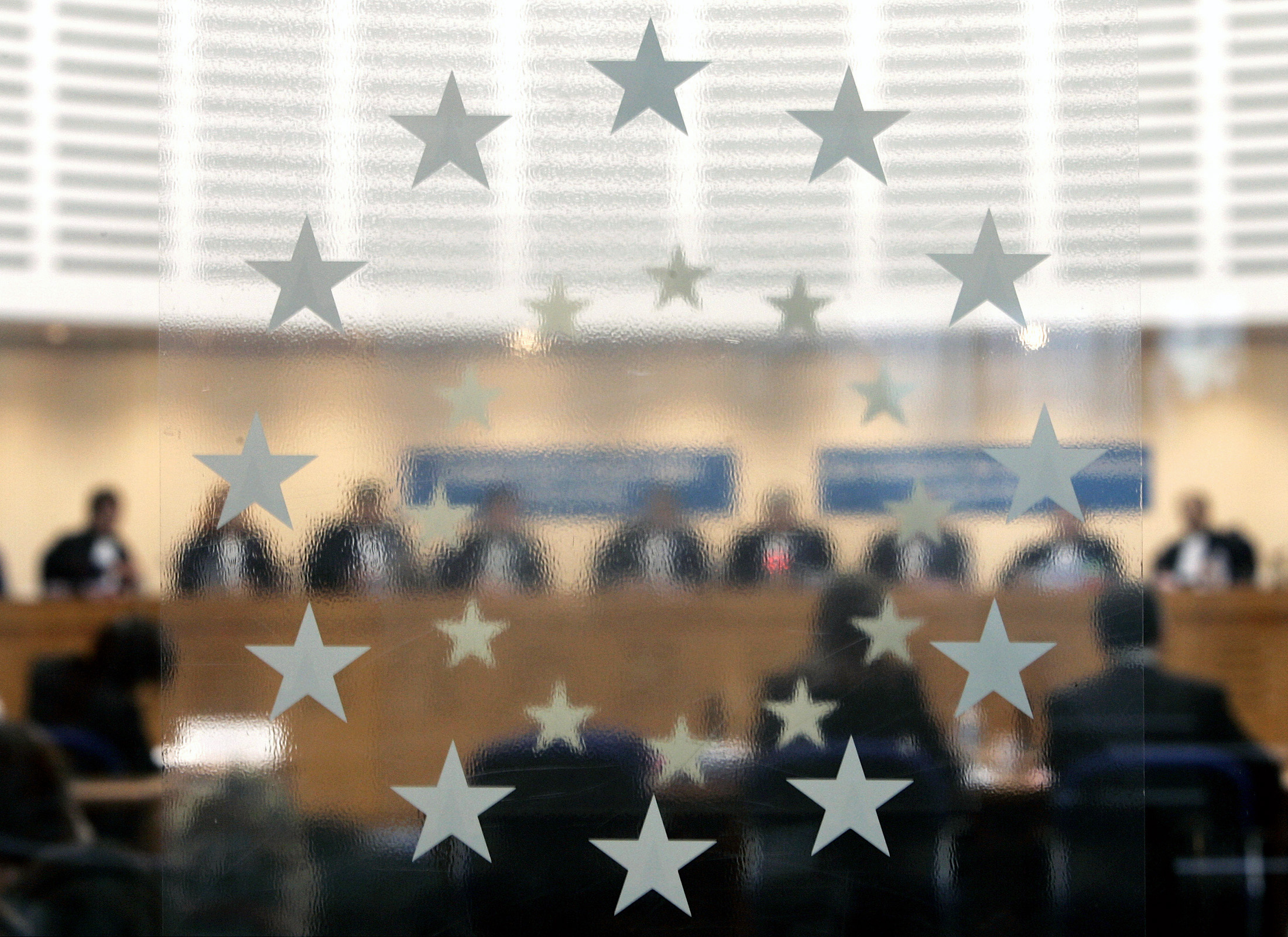
Switzerland will press for reform of Europe’s chronically congested human rights court when European ministers meet for two days in the resort town of Interlaken.
Improving the European Court of Human Rights, which boasts a backlog of almost 120,000 complaints, has been one of the alpine country’s top priorities during its six-month presidency of the Council of Europe.
At stake for the 47 ministers representing Council of Europe countries in the alpine town: ensuring the survival of the court based in Strasbourg, France.
In late January, Swiss Foreign Minister Micheline Calmy-Rey, chair of the Council of Europe’s committee of ministers, says she expects the process of transformation to move forth.
“The reform process of the court takes time,” she said. “We must begin now and send a strong political signal in Interlaken.”
Calmy-Rey said she was relieved that Russia had ratified an additional protocol on human rights, adding that it would allow the court’s judges to speed up proceedings. Russia had been the last holdout.
But Russia’s ratification alone would not fix the court, Calmy-Rey said.
Boost efficiency
Giorgio Malinverni, the only Swiss judge at Strasbourg, told swissinfo.ch that the number of complaints to the court ought to be tempered.
“The court must focus on major and serious cases,” he said. “Repeat offenders should now be dealt with by a panel of three judges instead of seven.”
Malinverni has suggested mechanisms to more comprehensively investigate claims before they go to court. The measures, which he says would increase efficiency, would also cost more. The proposal probably has little chance of succeeding.
Paul Widmer, Bern’s ambassador to Strasbourg, points to a pattern of similar cases being brought forth to the court. He blames the recurring cases on countries not eliminating alleged abuses and not improving laws.
Complex and unprecedented cases, such as complaints about crucifixes in Italian public school classrooms, ought to be handled by a panel of seven judges, or by the court’s 17-member grand chamber, Widmer argues.
Widmer says that the rights of individuals to submit complaints must stay in place. “This is a great achievement for Europe’s citizens, that they can come to this court,” he said.
But he says the congestion could be a product of its own success. “Today people who even a few years ago knew nothing about the court, can come,” he said.
More resources
Stephan Breitenmoser, a professor of European law at Basel University, says the court lacks financial resources. “The court must have more resources at its disposal,” he said. He also criticises the court’s organisation: it is subordinate to the Council of Europe.
“As an independent tribunal, it should be able to organise itself,” he said.
As for the Interlaken conference, European law experts can expect “an important milestone to strengthen the court”, said Widmer. He hopes that proposals put forth on Thursday and Friday could be implemented in seven to eight years.
Dick Marty, Switzerland’s representative in the Council of Europe, agrees the court is a milestone achievement for the European community. He says it ensures common values across the continent.
“We need this court,” he said. “After all, whether a complaint comes from Siberia, Iceland or Portugal, it will be judged by the same value. This has brought enormous progress to Europe.”
Gaby Ochsenbein, swissinfo.ch (Adapted from German by Justin Häne)
Ministers from the 47 member states in the Council of Europe will meet in Interlaken on February 18-19 to discuss the court’s future.
The conference’s aim is to initiate a reform process that will cope with the rising volume of complaints.
The conference is organised by Switzerland, which currently holds the chairmanship of the committee of ministers.
Foreign Minister Micheline Calmy-Rey and Justice Minister Eveline Widmer-Schlumpf will head the Swiss delegation.
Participants will adopt a declaration and action plan for reform at the end of the conference.
Founded in 1959, the European Court of Human Rights hears cases of alleged violations of the European Convention on Human Rights.
The court is the final authority for more than 800 million people.
Judges come from all member states.
English and French are the court’s official languages. Complaints may be filed in local languages.
The 2009 budget was €56 million (SFr82 million)
More than 57,000 complaints were submitted in 2009, a 15% increase. The backlog rose to 119,300 cases.
Nearly 30% of complaints come from Russia, followed by Turkey.
There are 471 cases pending from Switzerland. Four of them relate to Switzerland’s anti-minaret initiative.

In compliance with the JTI standards
More: SWI swissinfo.ch certified by the Journalism Trust Initiative
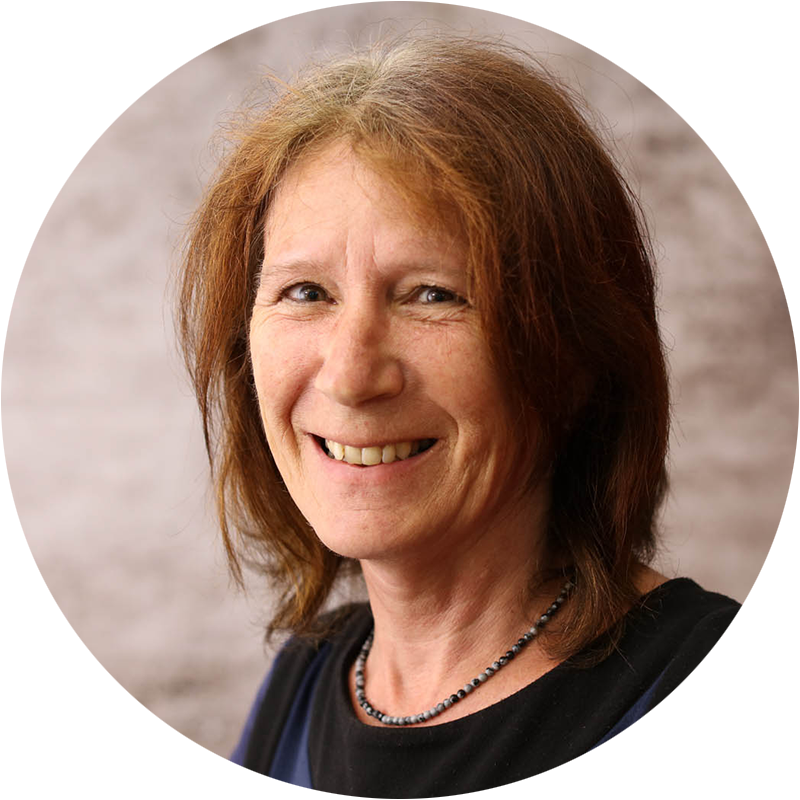

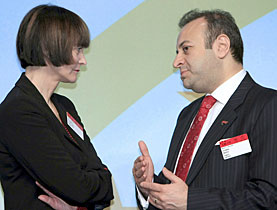
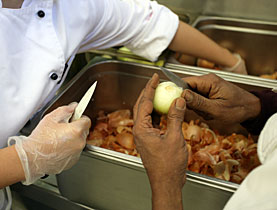
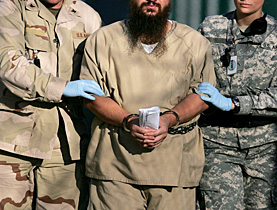
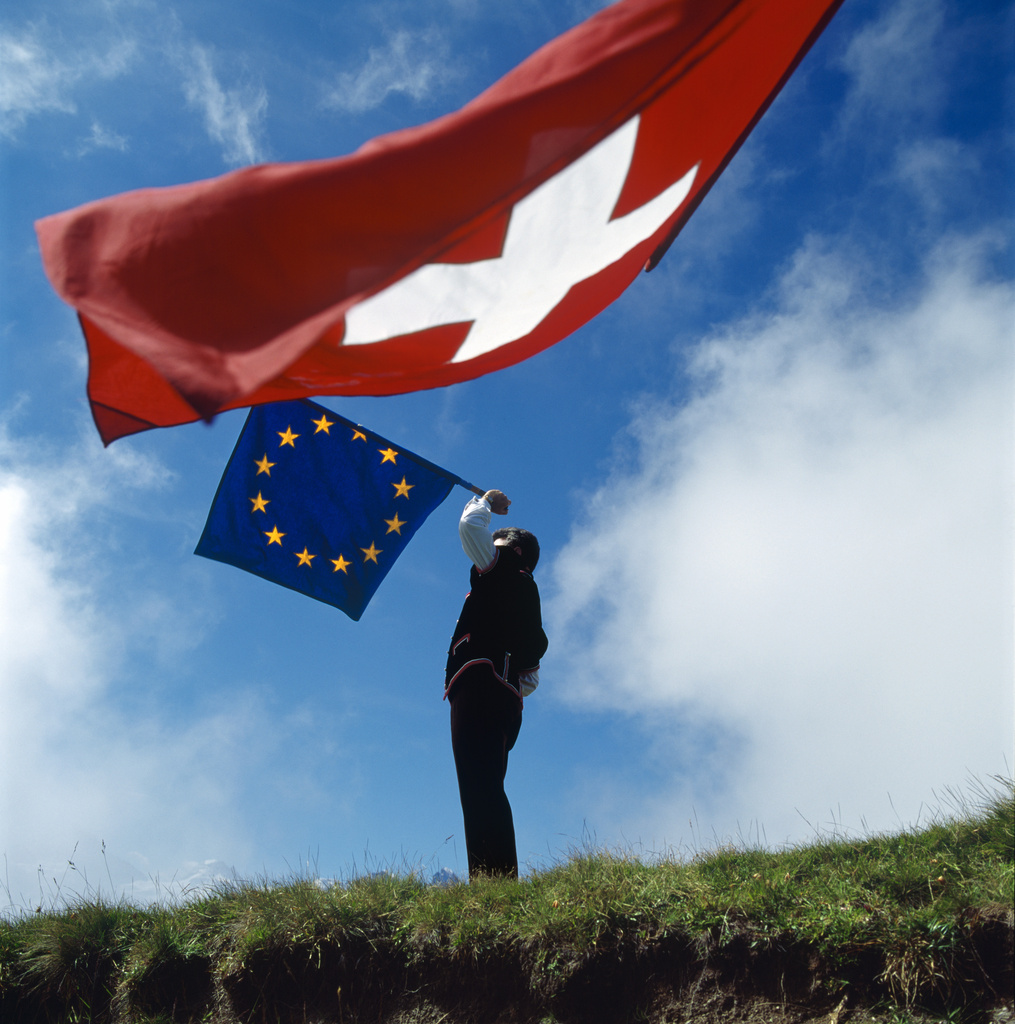
You can find an overview of ongoing debates with our journalists here. Please join us!
If you want to start a conversation about a topic raised in this article or want to report factual errors, email us at english@swissinfo.ch.